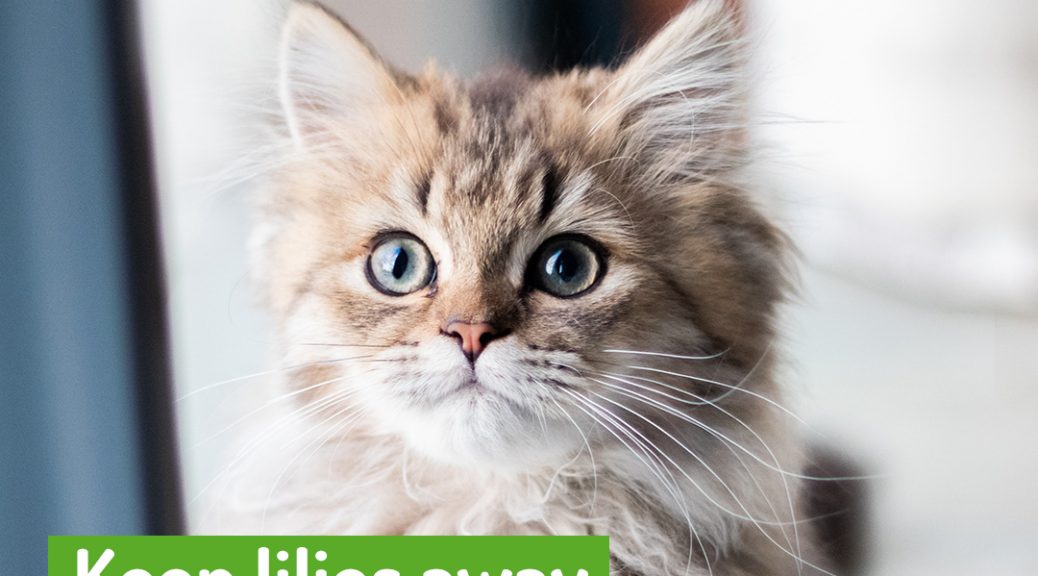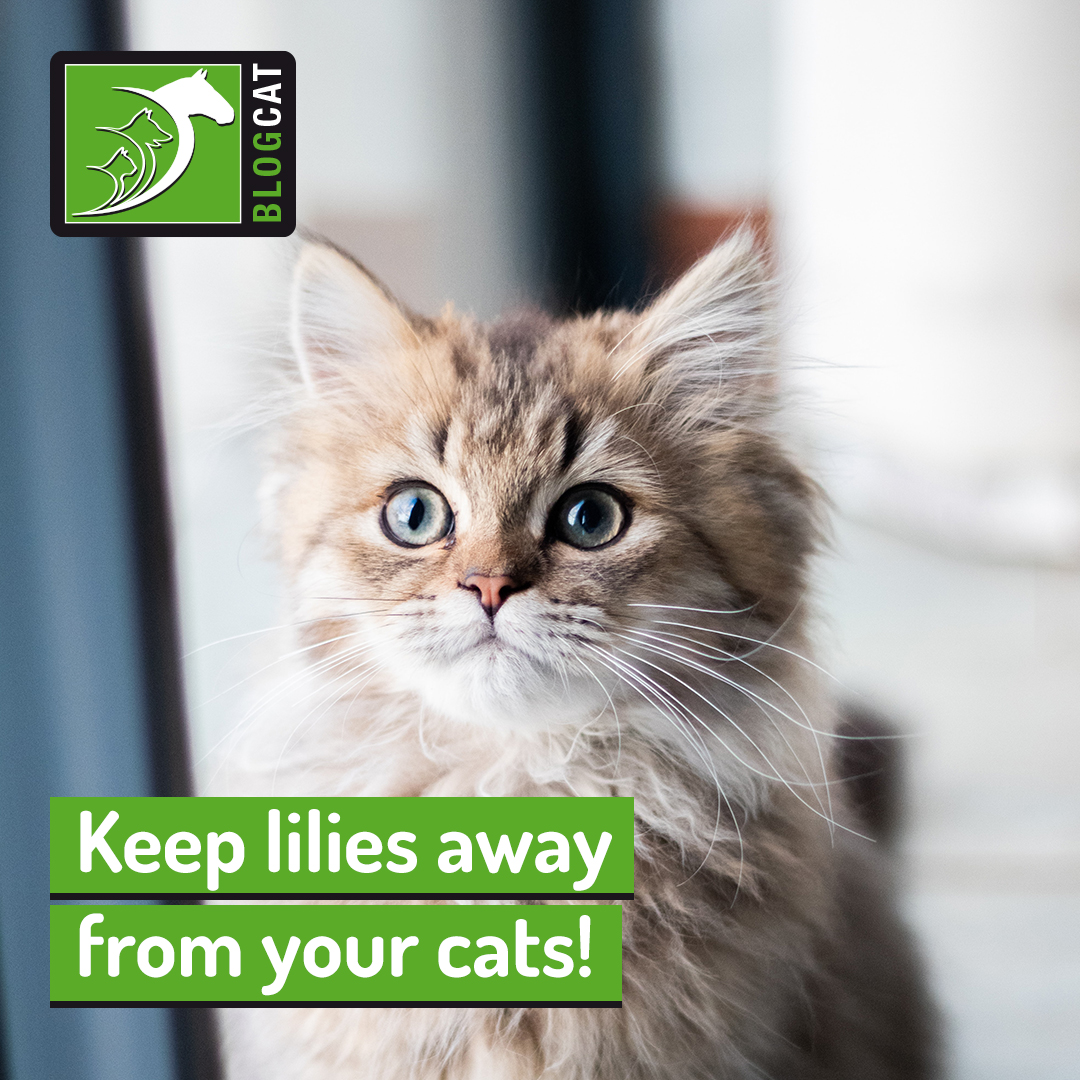Keep lilies away from your cats!
As the festive season fast approaches, we will likely start decorating our houses and receiving gifts from family and friends!
Flower arrangements are a beautiful way to kick off the Christmas season, but unfortunately, pet owners need to be careful when bringing some plant species into close contact with their cats. Lilies are common flowers in arrangements and can easily find their way to your house via a well-intentioned loved one, but these lovely plants can be deadly for your feline friends.
Keep reading to know more about lily toxicity and kidney damage in cats.
Why are lilies dangerous for cats?
Species of lilies in the Lilium and Hemerocallis genus produce extremely toxic substances for cats, attacking the kidneys and may cause irreversible kidney failure, especially if ingestion has occurred over 18 hours before receiving treatment.
All parts of these lilies are highly toxic, as well as anything they are in close contact with, for instance, the water in the pot.
Some of the most dangerous lilies are:
- Easter Lily;
- Rubrum Lily;
- Stargazer Lily;
- Japanese Show Lily;
- Tiger Lily;
- Daylilies;
This list is not exhaustive! If you are looking to buy flowers or received any as a gift, always ensure it is not a dangerous species.
It’s important to note that some species have ‘lily’ in their common name, but they are not part of the groups of lilies that cause deadly toxicity in cats. While these other lilies might not cause fatal kidney failure, some can cause cardiac or digestive problems, so always check before you bring them in to your house.
If you’re unsure, double-check with your vet or keep these away from your home altogether to avoid any accidents.
My cat might have ingested a part of a lily, what can I do?
If you suspect your cat has ingested any part of the plant, including pollen that might have landed on his or her fur, or drank water from a pot with a lily in it, please contact your vet immediately! Even a tiny amount can lead to fatal poisoning.
Prompt medical assistance is vital to give your pet the best chance to recover with the least amount of permanent kidney damage. Even though some cats might go on to make a full recovery, this is not guaranteed, even when treated quickly.
The best way to avoid this situation is to keep any lilies away from your cats, both inside the house or in the garden!
Key takeaways:
- Lilies of the Lilium genus and Hemerocallis genus are highly toxic for cats and can cause irreversible or even fatal kidney damage when ingested;
- All parts of the plant are toxic and even a small amount can be deadly;
- If you suspect your cat has ingested a dangerous lily, this is a medical emergency! Do not delay in contacting your vet;
- When bringing new plants into your home, always check the species to ensure that they are not toxic for your pets.
Would you like to know more about cats? Check our Feline Courses:
Feline courses

